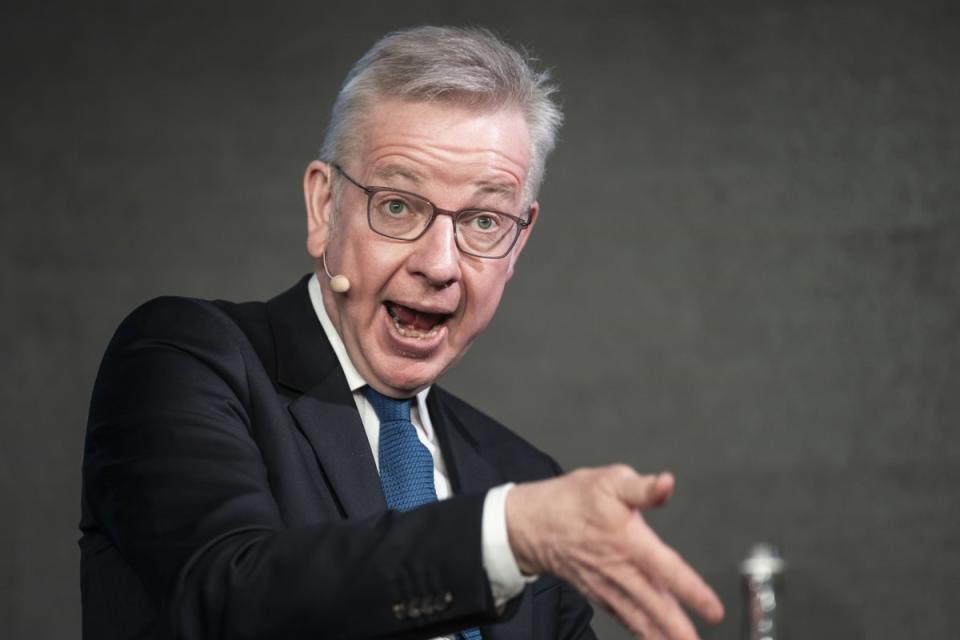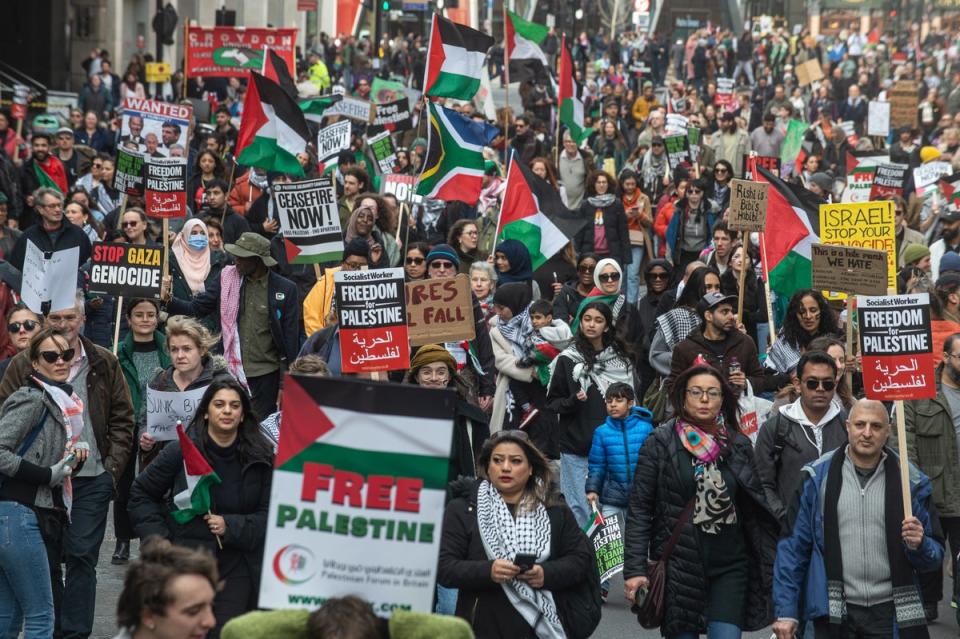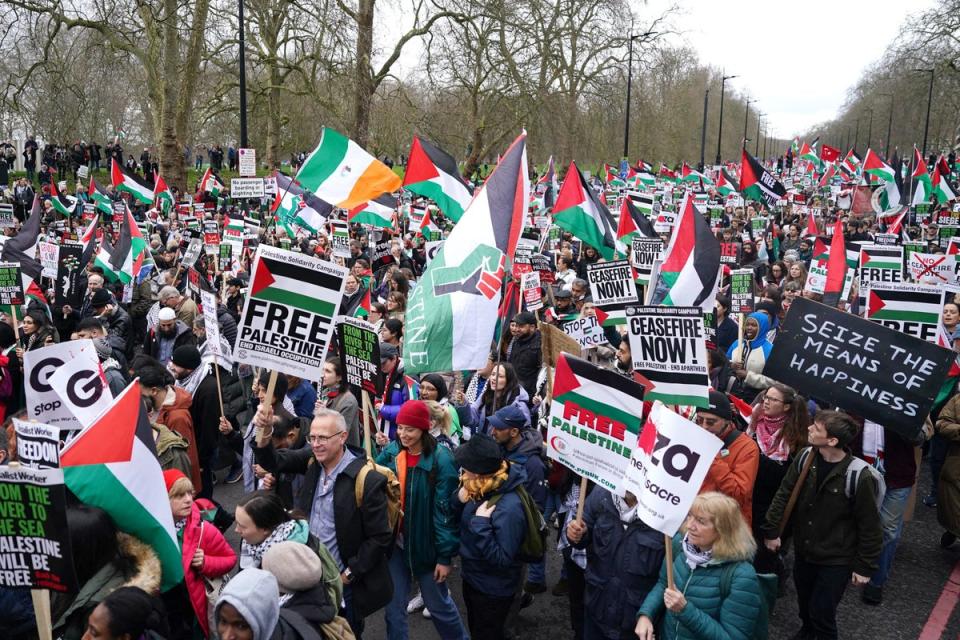‘Smacks of desperation’: British Muslim organisations react to Gove’s extremism definition
British Muslim organisations have said Michael Gove’s definition of extremism “smacks of desperation” and “stifles public debate” after the minister today named the groups to be assessed against the new outlines.
Released today, the definition says extremism is the advancement of a violent, hateful or intolerant ideology that aims to “negate or destroy” the rights of others, or which aims to “undermine, overturn or replace” the UK’s democracy and democratic rights.
Extremism is also defined as the promotion of an ideology that aims to “intentionally create a permissive environment” for others to achieve the same aims.
In the Commons, Mr Gove used parliamentary privilege to tell MPs the views held by organisations such as the Muslim Association of Britain (MAB), Cage and Mend (Muslim Engagement and Development) “give rise to concern for their Islamist orientation and views”.
He vowed the government would “take action as appropriate” if that was found to be the case.

Responding to Mend being mentioned in the Commons, CEO Azhar Qayum said: “We challenge Michael Gove to repeat his claims outside of parliament and without the protection of parliamentary privilege if he believes he can provide the evidence to back up his view that Mend has called for the establishment of an ‘Islamic state governed by sharia law’.”
He added that if the government goes on to list Mend as an extremist organisation, they will issue legal proceedings.
Following Mr Gove’s name-dropping, Cage also said they would be exploring legal avenues as they said: “We reject the counter-extremism and counter-terrorism powers that allow for arbitrary and authoritarian interventions against dissenting citizens.”
5Pillars, a British Muslim news site was not among those groups mentioned by Mr Gove today. However, editor Roshan Salih said he fears that the groups on the minister’s watchlist could be blacklisted as local councils “blindly” follow his lead.
He said: “I do fear that this stupid labelling today will be blindly followed by local councils and other state institutions, as well as by the supine mainstream media, to blacklist these groups. And that isn’t fair because they are a crucial mirror held up to the worst excesses of the British state and without them, Britain will be much poorer.”
Mr Salih added: “Mend, MAB and Cage are all grassroots Muslim organisations with their ear to the ground of the community. They are practising Muslims who live and breathe Islam and who are well respected by all.
“Their only crime is calling out British foreign policy and structural Islamophobia. In other words, they are guilty of holding our rotten government to account.”
Massoud Shadjareh, chair of the Islamic Human Rights Commission- who was also not named- said the new definition shows the “mask is well and truly off” as the government has shown “they are the real threat to democracy”.
He said: “This smacks of desperation. Having failed to stop the anti-genocide demonstrations the government is resorting to that well-known tactic of fascists – authoritarianism – in order to achieve its objectives.”

A joint statement was made by Mend along with Cage, Friends of Al-Aqsa (FOA), Muslim Association of Britain (MAB), the Muslim Council of Britain (MCB), and 5Pillars, which argued the new definition “politicises a concept that should be above party politics, attacks free speech, delegitimises lawful dissent, stifles public debate, avoids democratic oversight and scrutiny, and creates division and inflames tensions between communities”.
When announcing his new definition, Mr Gove said: “The pervasiveness of extremist ideologies has become increasingly clear in the aftermath of the October 7 attacks and poses a real risk to the security of our citizens and our democracy.”
In response, a coalition of groups that have been organising national marches calling for a ceasefire in Gaza, including the Palestine Solidarity Campaign, Friends of Al-Aqsa and Muslim Association of Britain, released a joint statement as they condemned Mr Gove’s definition.

The new definition has already faced criticism from three former home secretaries and Justin Welby, the Archbishop of Canterbury, all of whom cautioned the government over the risk of politicising anti-extremism.
The archbishop said that the plans risk “disproportionately targeting Muslim communities”. He added: “The new definition being proposed not only inadvertently threatens freedom of speech, but also the right to worship and peaceful protest – things that have been hard won and form the fabric of a civilised society.”
Leading British Imam Qari Asim told BBC Radio 4’s Today programme: “My fear is that potentially, this proposed definition will actually result in more extremism and people going underground and, as a result, being manipulated and exploited by those who are true extremists.”


